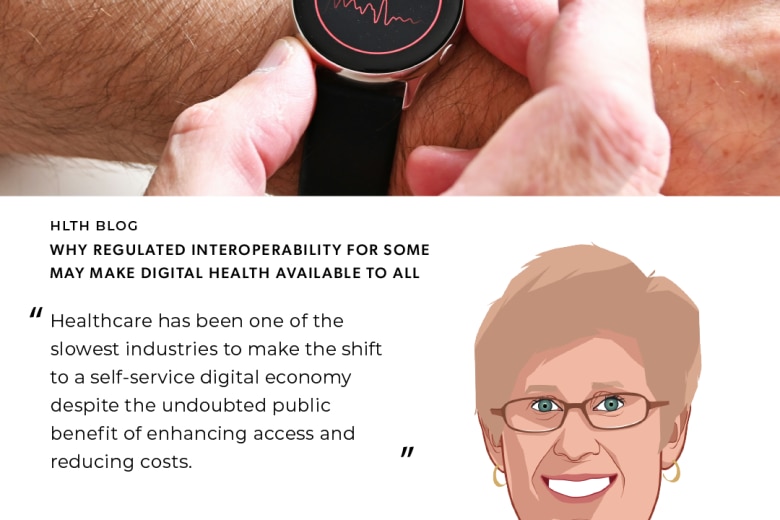Every 65 seconds, someone in the United States develops Alzheimer’s Disease and everyone in that family is impacted. More than 16 million Americans provide unpaid care for people with Alzheimer’s or other dementias, and that care is estimated at 18.5 BILLION hours and valued at nearly $234 BILLION. [1]
But it’s more than just lost hours and dollars. It’s a devastating journey.
At 86, my mother had been in assisted living and skilled nursing for 6 years. She hadn’t recognized me in the last two – perhaps more. She passed a week after Mother’s Day in 2011, but she had been lost to us little by little for years and years. Worse, she lost – her family, her friends, her comforts, her possessions, her dignity. It stole from her the joyful memories of her life as if they had never happened and undermined her ability to communicate even the simplest things.
June has been set aside to help raise awareness of Alzheimer’s Disease. If there is anything I personally would like to raise awareness about, it’s that this destructive disease may be predicted and preempted.
According to the Alzheimer’s Association
[2]:
- Less than 1% of people with Alzheimer’s disease have early-onset, genetic mutations that guarantee disease development.
- Evolving research indicates that people can reduce their risk by making key lifestyle changes.
- Based on this research, the Alzheimer's Association offers 10 Ways to Love Your Brain — a collection of tips that can reduce the risk of cognitive development.
Lifestyle habits are instilled at an early age. So, I’ll take this opportunity to once again implore moms, dads, grandmas, gramps, and others to please demonstrate and support healthy habits for the children in your life.
At HBI, we believe that using data in smarter ways can help caregivers guide patients to healthier lifestyles, detect disease earlier, and intervene more effectively when diseases like Alzheimer’s are detected. Through better research, better care – and, we believe, smarter data – we as a society can abate the scourge of this disease and make a brighter future.
https://www.youtube.com/watch?v=LgmpojlMnsc
About the Author

Laura Kanov is Senior Vice President of Product Strategy for HBI Solutions, leading all product planning, management and marketing for HBI Solutions. Laura brings to HBI over 25 years of experience working in clinical and health IT vendor settings leading teams responsible for product and corporate strategy, marketing, and operations. She holds an MBA from the University of Chicago, a BS in Biology from the University of Illinois, and an Associates in Respiratory Care from Triton College.
More about the HBI Solutions/InterSystems Partnership
HBI Solutions is a predictive analytics company. Working with InterSystems, HBI can focus on its core competency of data science and predictive algorithms, while HealthShare aggregates, normalizes, cleanses, and prepares the clinical, claims, and unstructured clinical note data that HBI needs. HBI’s Spotlight product is used by organizations that support care for more than 40 million people. Key to Spotlight’s market success is that it uses HealthShare for real-time data, as well as clinical event notifications and other services. HBI Spotlight Population Risk solution identifies patients who would benefit from care management programs, predicts the potential for readmission and complications like sepsis, and determines the likelihood of events such as heart attack, stroke, or the onset of chronic disease, including Alzheimer’s Disease. Major customers of HBI include InterSystems clients Healthix and Manifest MedEx.
For more information on HBI Solutions and published research, visit www.hbisolutions.com or contact info@hbisolutions.com.
[1]
https://www.alz.org/media/Documents/alzheimers-facts-and-figures-infographic-2019.pdf
[2]
https://www.alz.org/alzheimers-dementia/research_progress/prevention




































